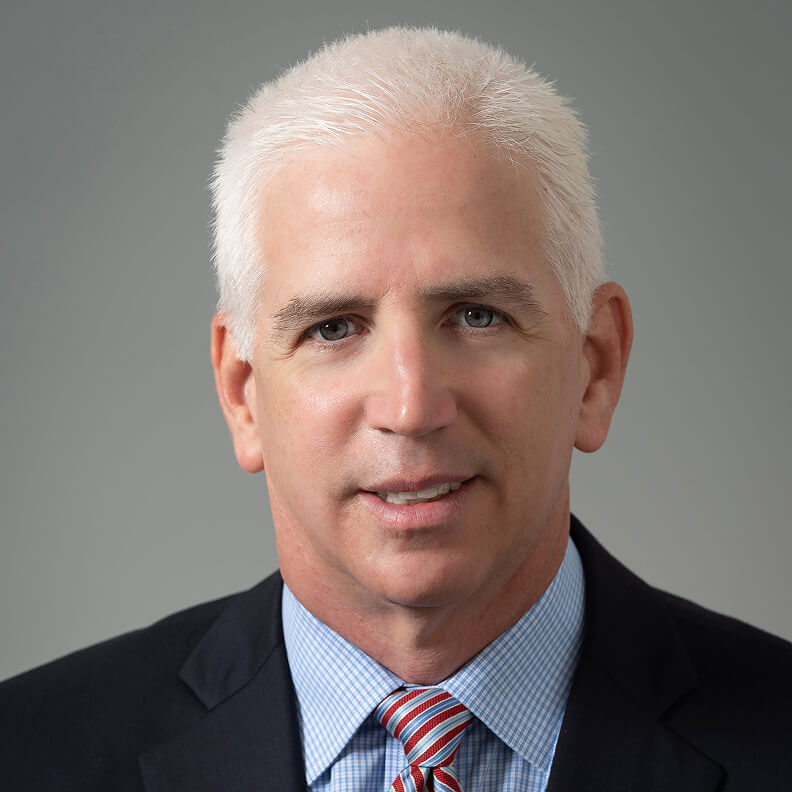Is Foreign Investment in U.S. Real Estate Declining?
August 5, 2025

For decades, foreign investors have considered the United States a financial safe harbor, with the commercial real estate market consistently promising security, growth, and long-term value. The U.S. is the world’s largest recipient of Foreign Direct Investment. But in today’s uncertain geopolitical and economic environment, is that still the case?
Foreign capital flows – particularly into Treasuries and commercial assets – have played a critical role in financing U.S. growth. Countries with trade surpluses, including China, Japan, Germany, and oil-rich Gulf states, have traditionally reinvested their profits into U.S. bonds and property markets. Treasury purchases have served as a proxy for trust in U.S. stability and legal predictability.
Commercial real estate, on the other hand, offers a hard asset hedge – often likened to gold – for global investors seeking yield and diversification.
Is China’s Retreat a Crisis or an Opportunity?
In recent years, global capital flows have become more dynamic, influenced by geopolitical tensions, rising interest rates, and a shifting macroeconomic order. One of the most notable changes is the pullback of Chinese investors – both in the bond market and real estate – as China reduces its exposure to U.S. securities amid strained relations and a focus on domestic priorities.
The top owners of mortgage-backed securities are Japan, China, Taiwan and Canada. China began selling off some U.S. mortgage-backed securities last year, with the country’s holdings at the end of September down 8.7% year over year and down 20% by the start of December.
In 2024, foreign investment in U.S. CRE reached its lowest level since 2011. And according to the Burns + CRE Daily Fear and Greed Index, 71% of commercial real estate investors in their 2nd Quarter 2025 survey are on pause, primarily due to high rates and uncertainty.
But this pullback doesn’t necessarily signal a global retreat from U.S. assets.
The US dollar declined over 10% in the first half of 2025, making American commercial real estate riskier to foreign investors – but also more affordable.
On February 21, 2025, President Trump signed a National Security Presidential Memorandum (NSPM) focused on promoting foreign investment in the United States from allies, and restricting investment from adversaries like China. The memorandum signals a further opportunity for many foreign investors.
Middle Eastern sovereign wealth funds and Singaporean investors, among others, continue to view U.S. commercial real estate as a high-performing, long-term bet. These groups are actively reallocating capital into what they still consider a market with reliable returns. This year, Singapore hosted The Global Property Expo 2025, the country’s first dedicated platform for international residential investment. And many Middle Eastern investors consider President Trump’s “pro-business” climate an opportunity. For example, earlier this year, Emirati billionaire Hussain Sajwani announced a $20 billion investment in data centres in eight U.S. states.
A recent sentiment survey by AFIRE (Association of Foreign Investors in Real Estate) found that multifamily is the single largest property type for 50% of foreign investors and the second largest for another 25%. 44% of these investors plan to increase their U.S. real estate allocations in 2025 – even though 63% express a negative outlook on cross-border investments. Despite headwinds – higher interest rates, geopolitical tensions (tariffs/trade), inflation, and policy uncertainty – investors still see U.S. multifamily as relatively stable and attractive. Cities like Miami, Los Angeles, and Houston continue to draw interest. And rather than acquiring entire assets outright, some foreign investors are participating in CRE investment in other ways, choosing to provide rescue capital, preferred equity, or stepping in as lenders.
In addition, European and Israeli investors are showing renewed interest in American multifamily properties. For European investors, student housing has been the top priority (62%) followed by multifamily (57%). For Israeli investors, firms like Investcorp and Mishorim Development actively invest in U.S. commercial and multifamily markets via joint ventures and developments, especially in Miami and other growth markets. Israeli capital is aligned with the broader trend: multifamily projects deliver predictable income, operational scale, and relative insulation from volatility.
Why the U.S. Still Wins
Why does the U.S. remain a uniquely attractive destination for institutional capital for these investors? Despite an uncertain economic environment, U.S. CRE offers these benefits:
- Transparency and Legal Stability: The U.S. real estate market offers an unparalleled level of regulatory transparency and enforceable legal protections. For investors managing large pools of institutional capital, this predictability is invaluable.
- Diverse, Institutional-Grade Assets: From life sciences campuses in Boston to industrial hubs in Dallas and logistics corridors in Southern California, the U.S. CRE landscape is rich with professionally managed, income-producing assets that meet the criteria of sovereign wealth funds and pension investors.
- Economic Resilience: The U.S. has repeatedly shown strong recovery from economic shocks – from the 2008 financial crisis to the COVID-19 recession and the recent interest rate spikes. This is largely due to a diverse economy, spanning tech, energy, healthcare, finance, and manufacturing. No single sector dominates national GDP, which cushions downturns and continued population growth in key regions.
- Currency and Liquidity Advantages: The dollar remains the world’s reserve currency, adding a layer of protection for foreign investors. U.S. CRE markets also offer greater liquidity compared to many international counterparts.
The Future of Foreign Investment in U.S. Commercial Real Estate
While today’s capital landscape reflects a cautious recalibration, the long-term fundamentals that have historically drawn foreign investors to U.S. commercial real estate remain intact — and in some cases, more compelling. The recent retreat by certain players, particularly from China, signals a reshuffling but not a global pullback.
Looking ahead, foreign investment in U.S. CRE is likely to be more selective, strategic, and diversified in structure. Investors from allied nations view the current climate as an opportunity to acquire real estate for lower prices, and see opportunity in high-growth sectors such as data centers, life sciences, and multifamily housing.
U.S. policymakers are also playing a more active role in shaping the foreign investment landscape. With a renewed focus on national security and reshoring, President Trump may further formalize the distinction between allied and adversarial capital. This will likely benefit investors from “trusted” jurisdictions while placing new compliance burdens on others.
Ultimately, the U.S. still offers scale, stability, and transparency for CRE investors seeking long-term returns in a world of uncertain markets.
About Jack Mullen of Summer Street Advisors:

As Founder & Managing Director of Summer Street Advisors, Jack Mullen leverages decades of experience in valuation, underwriting, and risk management to lead multi-million and multi-billion dollar CRE transactions.
Previously with GE Capital and large institutional banks, he has shaped investment strategies for some of the industry’s largest deals. A recognized leader, his insights are featured in GlobeSt.com and CREFC Finance World, and he is a sought-after speaker at industry conferences and top universities.
For strategic advice on your portfolio or transaction, contact:

